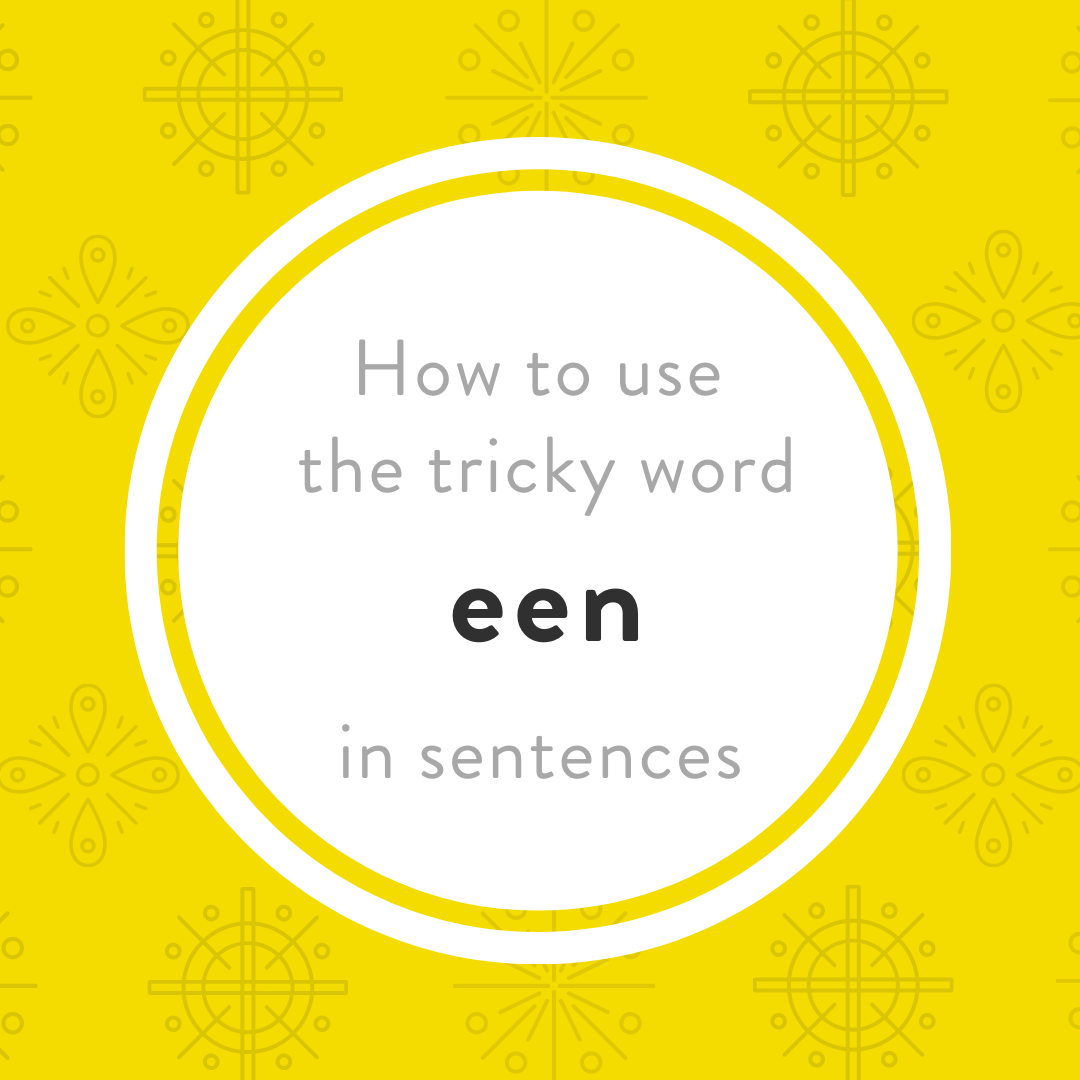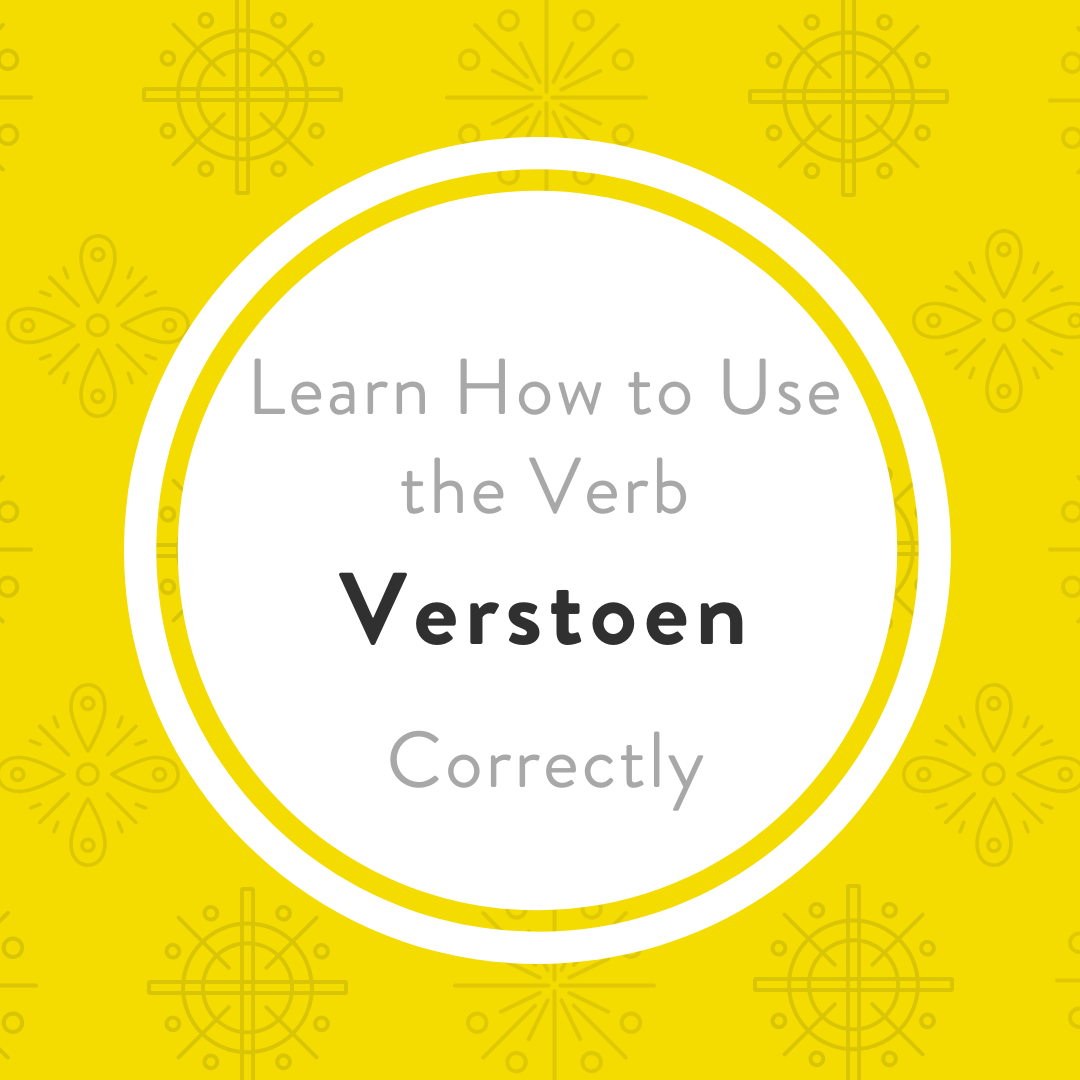Learn how to use doheem & heem correctly
Do you know when to say doheem and heem? Do you know how to correctly say “I am at home” and “ I go home” in Luxembourgish? Are you, like many of my students, also struggling when trying to say this to someone? Here is the answer: You have to ask the following questions: 1. … Read more









